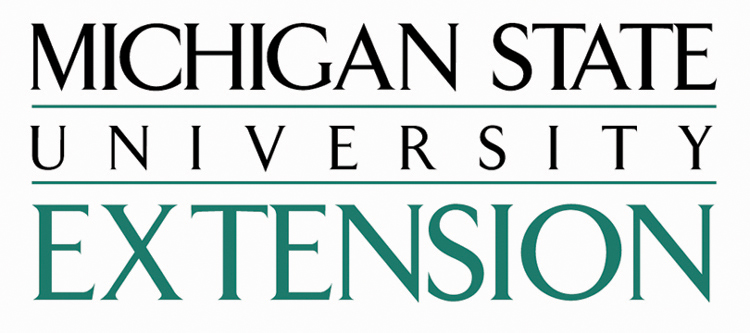4-H Fair Brings Farming History
St. Clair County’s annual 4-H and Youth Fair wrapped up Saturday at Goodells County Park, drawing families for a week of fun and learning. Visitors enjoyed carnival rides like the Twister and Gravitron, animal shows, auctions, and games focused on agriculture education. Local kids admired goats, roosters, and rabbits raised by 4-H members, while the St. Clair County Farm Museum displayed a 1918 steam engine, showing how farming once worked. The fair highlighted the community’s deep farming roots and gave families a chance to connect with local agriculture.
Reporting for WGRT – JP bZet






